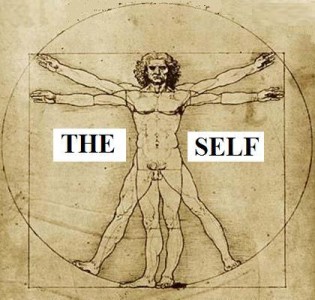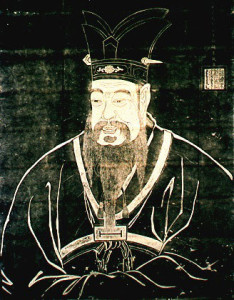Bibliography 1.0: Can I escape the judgment of psychology?
 I decided to make a list of the books I’ve recently read, browsed, or added to my reading list. This turned out to be a thought-provoking process. Although this may sound naïve, when I first imagined this blog, I didn’t anticipate that psychology would be such a major category in my bibliography. My main interest, after all, was the social and cultural history of the self. But of course the self is a subject of considerable interest to academic psychologists these days. The ‘psy’ disciplines – psychology, psychiatry, psychotherapy, psychoanalysis — have been incredibly influential in how we think of ourselves. That’s something I’m now beginning to appreciate more fully.
I decided to make a list of the books I’ve recently read, browsed, or added to my reading list. This turned out to be a thought-provoking process. Although this may sound naïve, when I first imagined this blog, I didn’t anticipate that psychology would be such a major category in my bibliography. My main interest, after all, was the social and cultural history of the self. But of course the self is a subject of considerable interest to academic psychologists these days. The ‘psy’ disciplines – psychology, psychiatry, psychotherapy, psychoanalysis — have been incredibly influential in how we think of ourselves. That’s something I’m now beginning to appreciate more fully.
Recurring questions from my Chinese horoscope
The actual process of making the list was probably more valuable for me than the list itself. And the list may not be particularly valuable for anyone else, since I can’t recommend these books the way I recommended books on the history of self-help. That’s because I’m not sufficiently familiar with most of them. Plus, the categories turned out to be imprecise and unsatisfying: Should Jerrold Seigel’s The Idea of the Self: Thought and experience in Western Europe since the 17th century go under Self, Philosophy, or History? Read more

